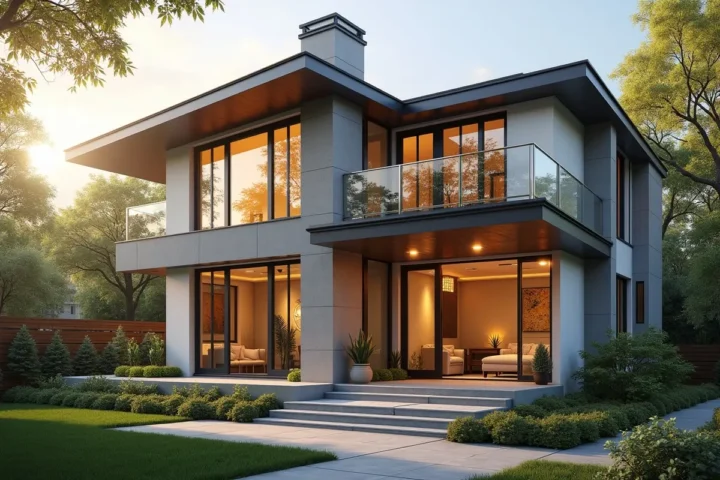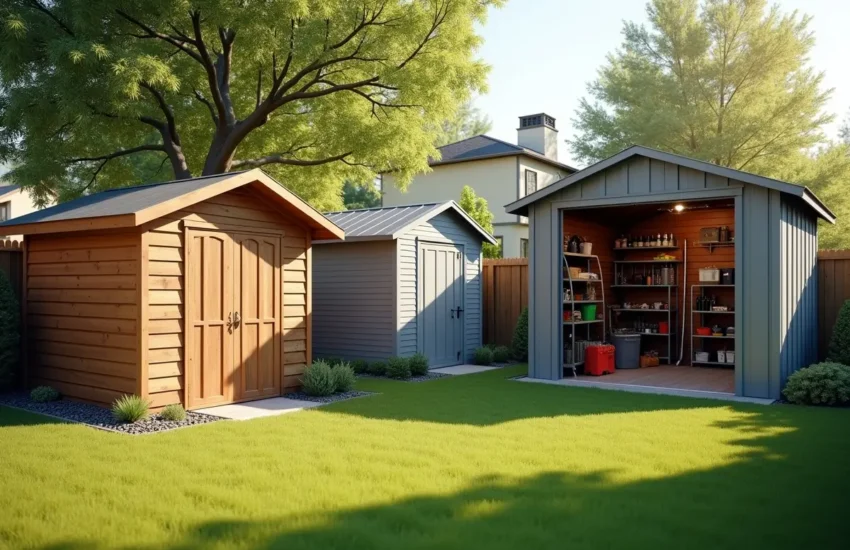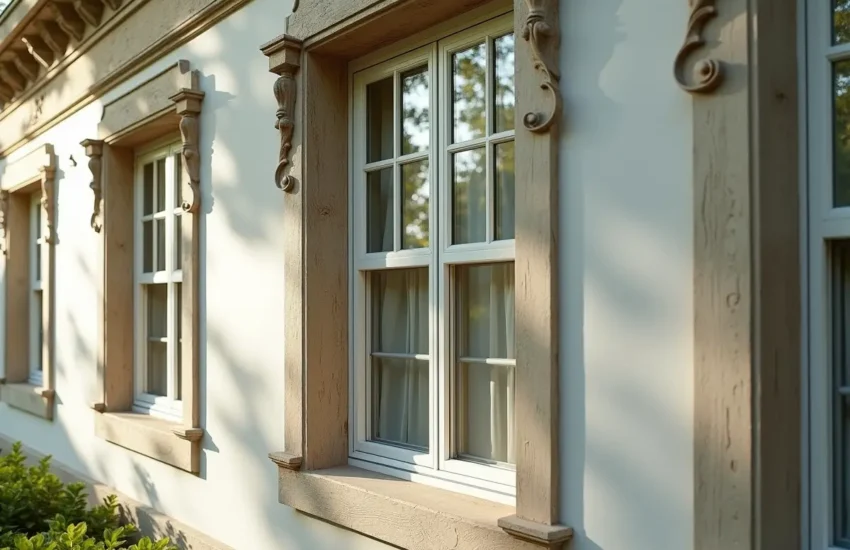Benefits of Fiberglass Windows for Residential and Commercial Spaces
Choosing the right windows can significantly impact a building’s energy efficiency, durability, and overall comfort. Modern construction and renovation projects increasingly prioritize materials that strike a balance between strength, low maintenance, and aesthetic appeal.
Homeowners and business owners alike seek options that withstand changing weather conditions, minimize long-term maintenance, and deliver consistent performance over time. Quality windows contribute not only to energy savings but also to enhanced indoor comfort and noise reduction, making them a practical investment for any space.
Among the available materials, fiberglass offers a unique combination of resilience and versatility. It resists warping, rotting, and corrosion, making it suitable for both residential and commercial applications. Professionals often recommend considering fiberglass window installation for projects where long-term durability and minimal maintenance are priorities.
This approach ensures the windows maintain their structural integrity and appearance, delivering a reliable solution for spaces that require both functionality and design flexibility.

Exceptional Durability
Fiberglass windows are celebrated for their strength and longevity, providing benefits over traditional options. Unlike wood, which can decay, swell, or warp when exposed to moisture, or vinyl, which may crack under extreme temperatures, fiberglass maintains its form and structural integrity over time.
This weather resistance is significant in regions with seasonal fluctuations, as fiberglass can withstand rain, snow, high heat, and sunlight without fading or deteriorating. Its long-lasting nature, often exceeding 30 years, surpasses that of many other materials, resulting in fewer repairs, increased long-term value, and environmental benefits.
Superior Energy Efficiency
Energy efficiency plays a vital role in construction due to increasing costs and environmental worries. Fiberglass offers natural insulation due to its low thermal conductivity, whereas aluminum frames permit heat to pass through easily. Fiberglass creates a thermal barrier that stabilizes indoor temperatures—keeping it warm in winter and cool in summer—and forms a tight seal with glass, minimizing air leaks. Improved insulation reduces heating and cooling needs, thereby lowering utility expenses.
Low Maintenance Requirements
Fiberglass windows require less maintenance than traditional wood options, which necessitate regular sanding, painting, or refinishing to prevent issues such as rot, warping, and pest damage. Their durable, non-porous surface effectively resists weather, mold, mildew, and insects. Even in humid conditions, they remain in good shape, requiring only occasional cleaning.
Unlike painted wood, they don’t peel or stain stubbornly, saving time and money. This results in lower long-term costs and makes window ownership more convenient, allowing homeowners to enjoy the view with less hassle from repairs.
Design Versatility
Fiberglass provides exceptional flexibility for designers and architects, supporting a broad spectrum of shapes, sizes, and styles—from classic double-hung windows to custom designs that create striking visuals. Ideal for both commercial and residential buildings, fiberglass frames are available in a diverse range of finishes, including contemporary colors and wood-like textures that mimic the appearance of real wood while resisting weather damage. This allows property owners to achieve their preferred look—whether traditional or modern—while benefiting from fiberglass’s durable performance.
Environmental Considerations
Fiberglass windows appeal to eco-conscious buyers due to their sustainability advantages. They are made using recycled glass and resins, which lowers their carbon footprint. Their durability leads to fewer replacements and less waste, promoting a circular economy that utilizes recycled materials and reduces lifecycle impacts. Additionally, their energy efficiency decreases overall building energy consumption, aiding in greenhouse gas reduction. Their consistent performance and dependability support sustainable design initiatives.
Cost-Effectiveness
Fiberglass windows may have a higher initial cost compared to vinyl, but their long-term benefits make them a worthwhile investment. They typically last two to three times longer than other windows, which lessens the need for replacements and repairs, and they require minimal maintenance while providing substantial energy savings.
This results in a strong return on investment through lower utility bills and fewer expensive repairs. Although they are more expensive initially, the cost is recovered over time, increasing both the resale value and operational efficiency of homes and businesses. Opting for fiberglass is a smart, practical choice due to its durability, comfort, and cost predictability.
Conclusion
Fiberglass windows are an excellent option for contemporary buildings, providing strength, energy efficiency, minimal upkeep, and flexible design options. They promote sustainability and cost-effectiveness, which benefits property owners and the environment. Choosing fiberglass can enhance building comfort, increase property value, and improve resilience, providing lasting benefits.


